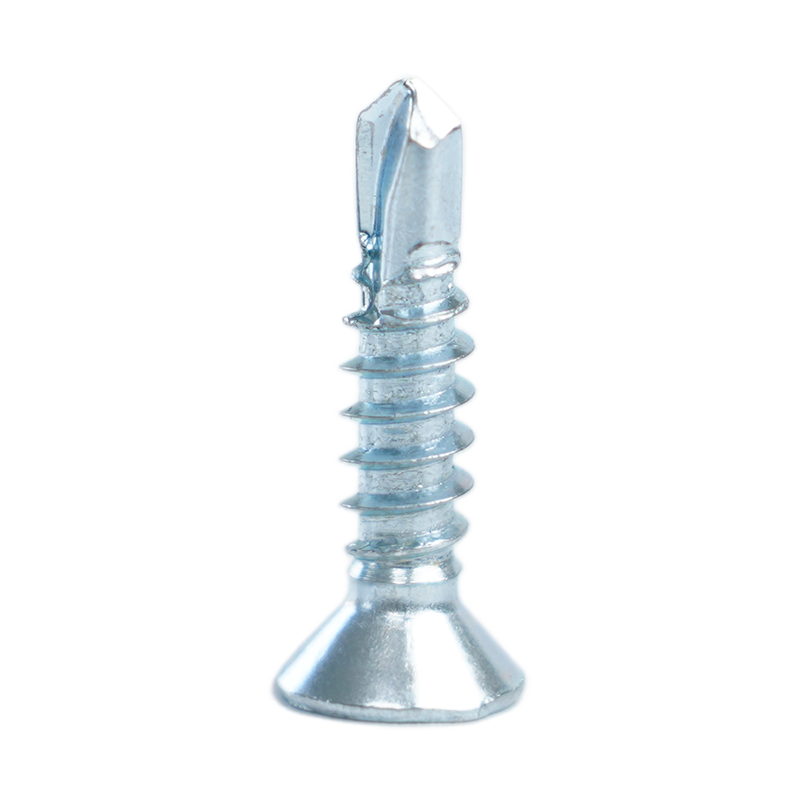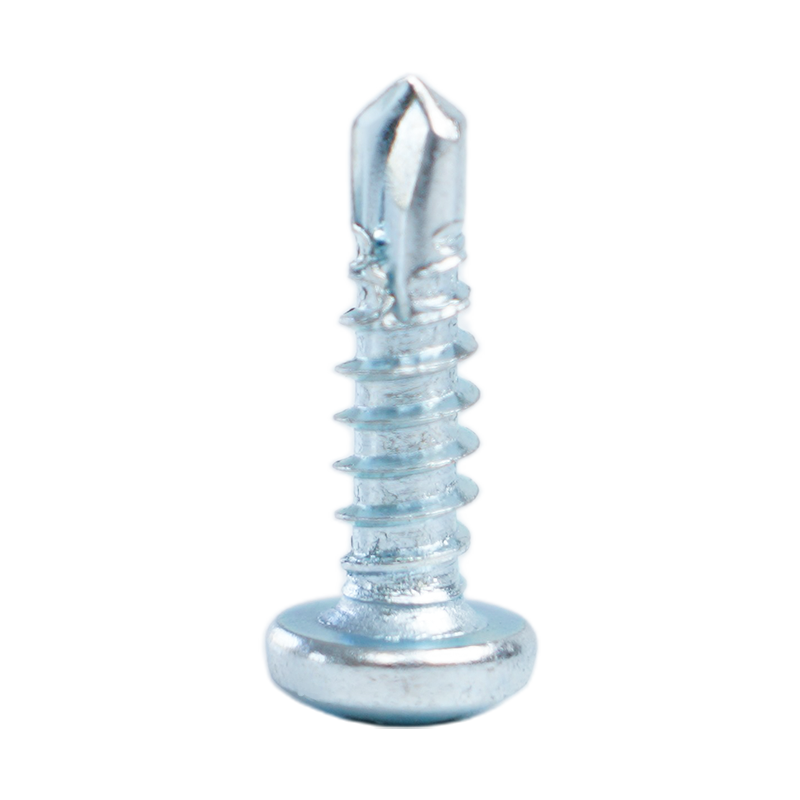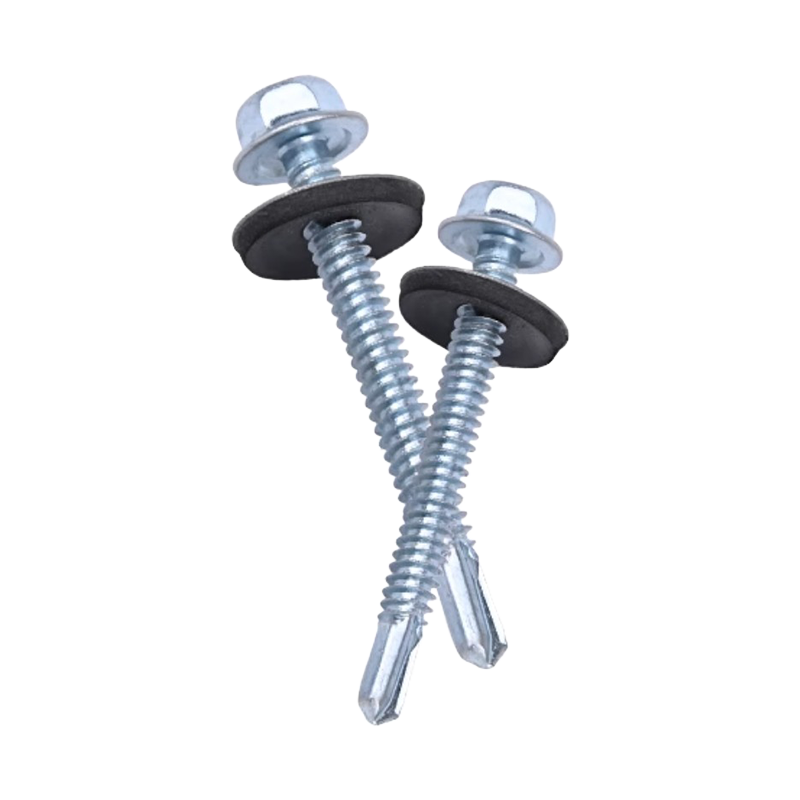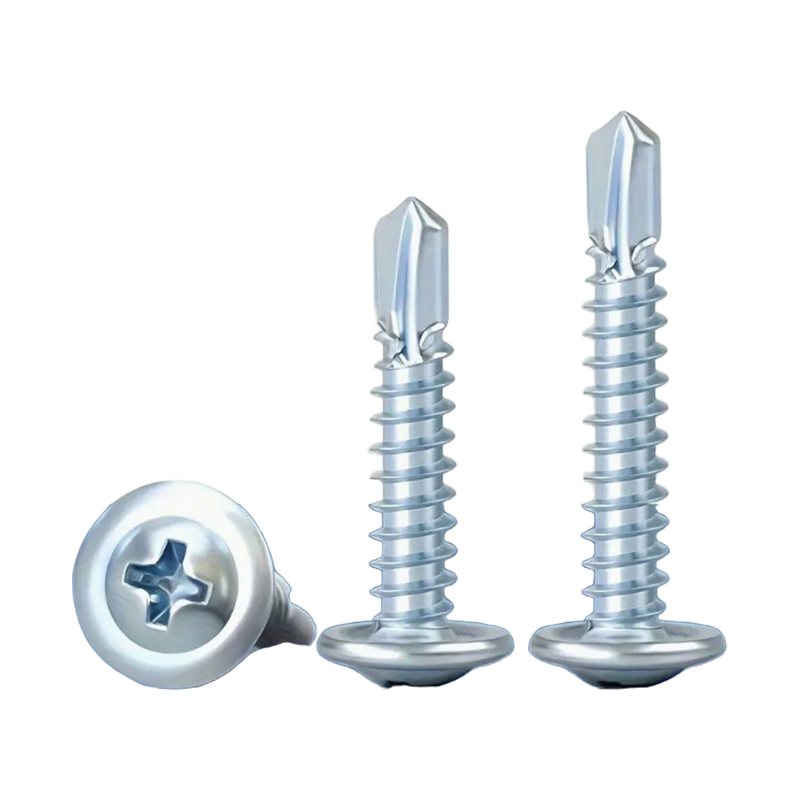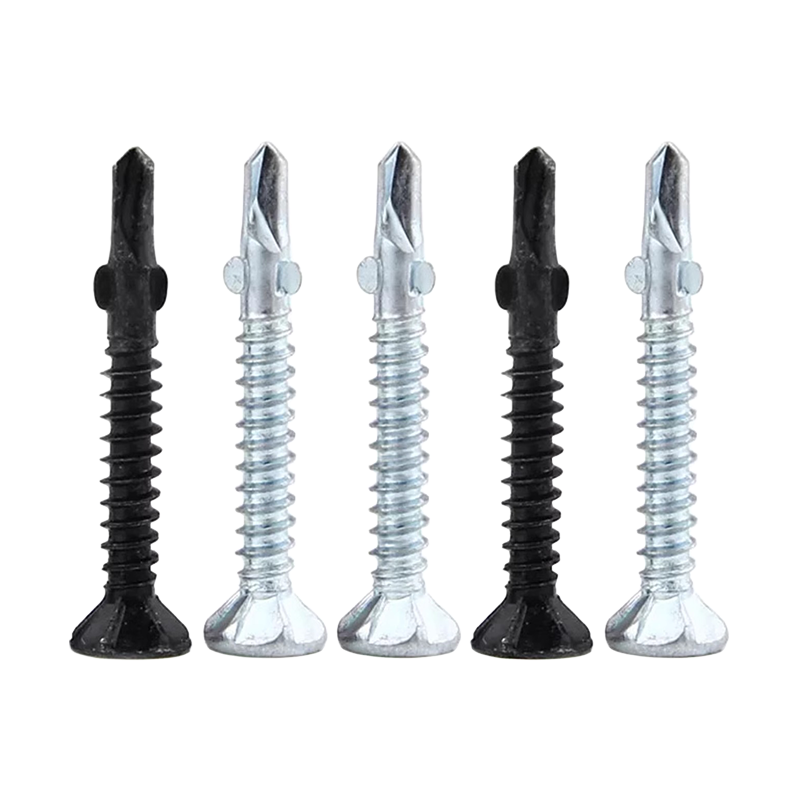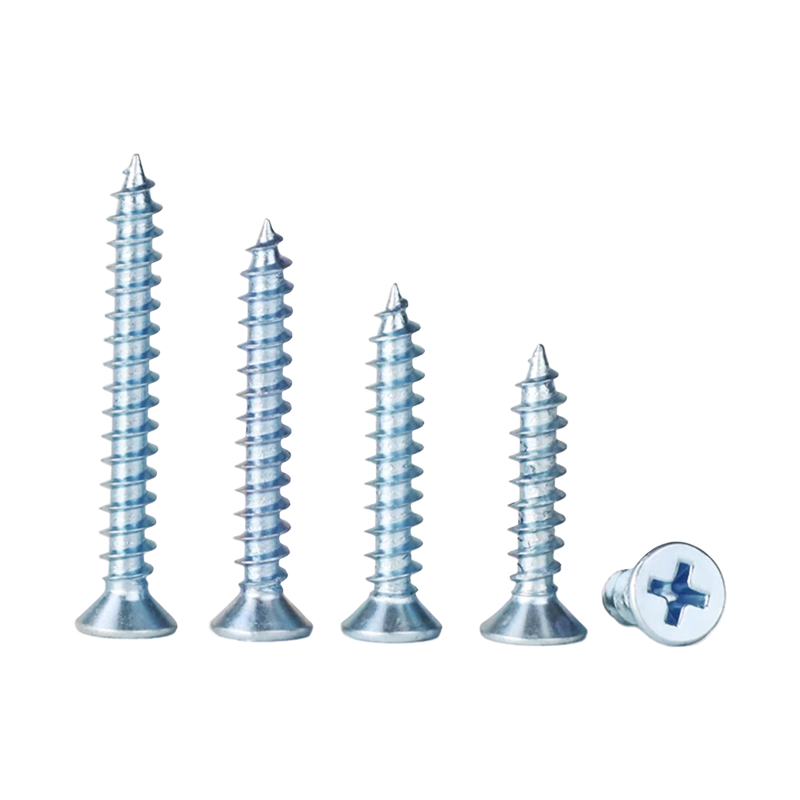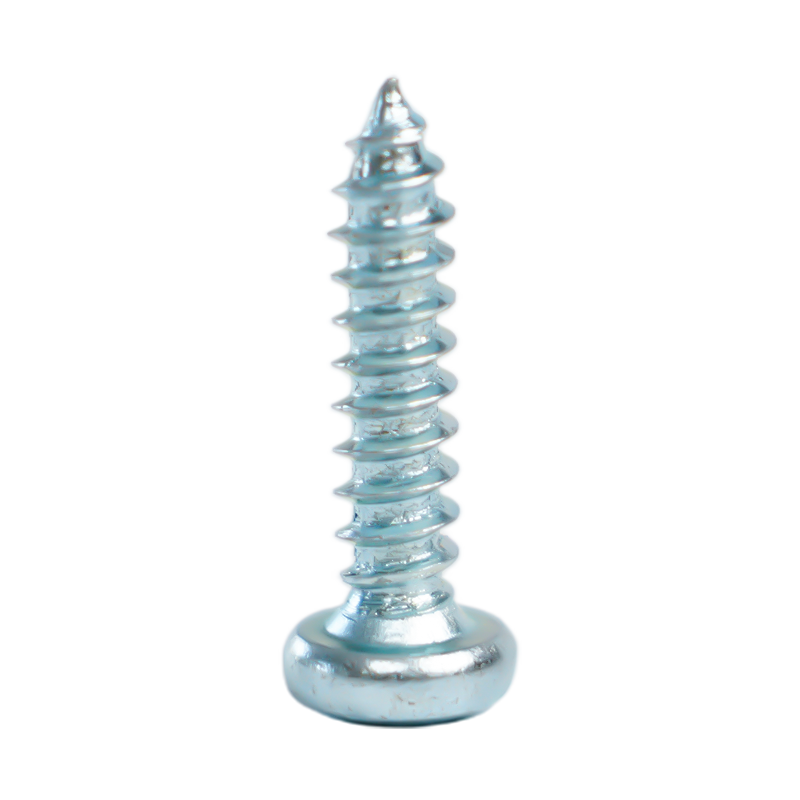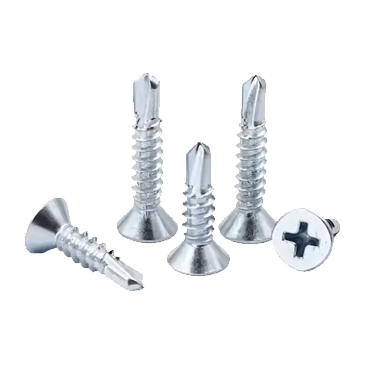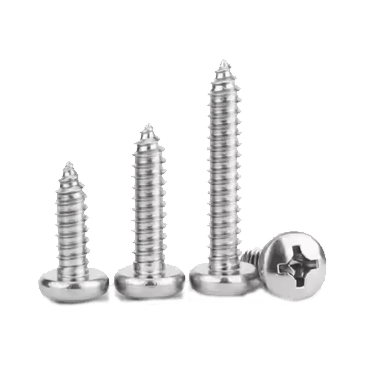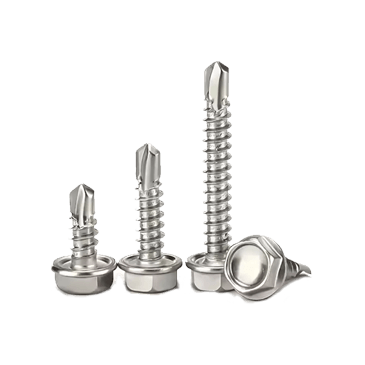In the vast and ever-evolving landscape of industrial fasteners, bimetallic composite screws have emerged as a game-changer, offering a unique blend of properties that cater to a wide range of demanding applications. These innovative screws combine the best of two worlds: the excellent corrosion resistance of austenitic stainless steel and the high strength of alloy steel, making them an indispensable choice across numerous industries.
At the heart of bimetallic composite screws lies a meticulous manufacturing process that fuses two distinct materials into a single, high-performance fastener. The main body of the screw is crafted from austenitic stainless steel, typically SUS304 or SUS316 grades. These stainless steels are renowned for their exceptional resistance to corrosion, oxidation, and staining, even in harsh environmental conditions. The presence of chromium in their chemical composition forms a passive oxide layer on the surface, which acts as a barrier against moisture, chemicals, and other corrosive agents.
The versatility of bimetallic composite screws is truly remarkable, finding applications in a diverse array of industries. In the electronics sector, where precision and reliability are paramount, these screws are used to secure delicate components in devices such as smartphones, laptops, and medical equipment. Their corrosion resistance ensures long-term stability and prevents electrical malfunctions caused by rust or contamination.
In the automotive industry, bimetallic composite screws play a crucial role in assembling engines, transmissions, and chassis components. The high strength of the alloy steel tail provides the necessary clamping force to withstand the extreme vibrations and loads encountered during vehicle operation, while the stainless steel body safeguards against corrosion from road salts, moisture, and chemicals.
The construction industry also benefits greatly from bimetallic composite screws. In steel structures, railways, and machinery, these screws are used to fasten metal plates, beams, and other components, ensuring the structural integrity and durability of the infrastructure. Their resistance to corrosion in outdoor environments makes them ideal for applications exposed to rain, snow, and humidity.
In the aviation and aerospace sectors, where weight and performance are critical factors, bimetallic composite screws offer a lightweight yet strong fastening solution. They are used in aircraft assembly, satellite manufacturing, and other high-tech applications where reliability and safety are non-negotiable.
The chemical and petrochemical industries present some of the most challenging environments for fasteners, with exposure to aggressive chemicals, high temperatures, and corrosive substances. Bimetallic composite screws rise to the occasion, providing a reliable and long-lasting fastening solution that can withstand these harsh conditions without compromising performance.
As industries continue to push the boundaries of innovation and efficiency, the demand for high-performance fasteners like bimetallic composite screws is expected to grow. Their unique combination of corrosion resistance and strength makes them an attractive choice for engineers and designers seeking to optimize the performance and longevity of their products.

 +86-15052135118
+86-15052135118 

 Español
Español
 Get In Touch
Get In Touch


